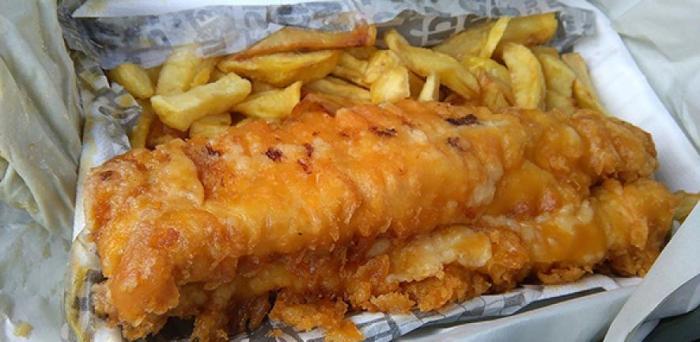Supermarkets and food manufacturers have been excessively blamed for Britain’s unhealthy eating habits since the 1980s, according to Cambridge historian Dr Katrina-Louise Moseley.
In an article published in Contemporary British History, Moseley argues that far from being passive victims of manipulation in this period, consumers were ‘complicit’ in long-term behavioural shifts, proactively selecting, rejecting and sweetening advice from the government, the food industry and the media to fit their circumstances and to satisfy their appetites.
Rather than seeking to cast blame, Moseley asserts that we should think more carefully about how people rationalise their eating behaviours and interpret advice about food. Speaking ahead of a public event entitled 'Food on the Move' (9 July 2021), Moseley added that this is particularly relevant in the context of the COVID-19 pandemic, which has had a dramatic impact on eating behaviours.
“Food is a powerful coping mechanism in times of emotional distress, so it isn’t surprising that people have been buying extra packets of their favourite snack or eating more takeaways. I’m interested in the psychology of consumption and getting away from moralising language around food, which can be damaging”, Moseley said. As part of the event, hosted by the University of Warwick, Moseley invites readers to complete an anonymous survey (closes 9 July 2021) to reflect on how their own food practices have changed during the pandemic.
In her article, Moseley contrasts the success of Britain’s anti-smoking campaign, which transformed attitudes to tobacco in the 1960s and 70s, with the failure of the ‘healthy eating’ campaign to counteract rising levels of obesity from the late 1980s onwards.
Moseley said: “The state faced a really difficult task. ‘Don’t smoke’ was a clear-cut message but you can’t tell people not to eat. Food can't be rejected outright, it has to remain a part of everyday life, and that makes it so much more complicated. We’re still really struggling with this today.”
Image: Fish and chips
Credit: GinniDeville via Pixabay
Reproduced courtesy of the University of Cambridge
